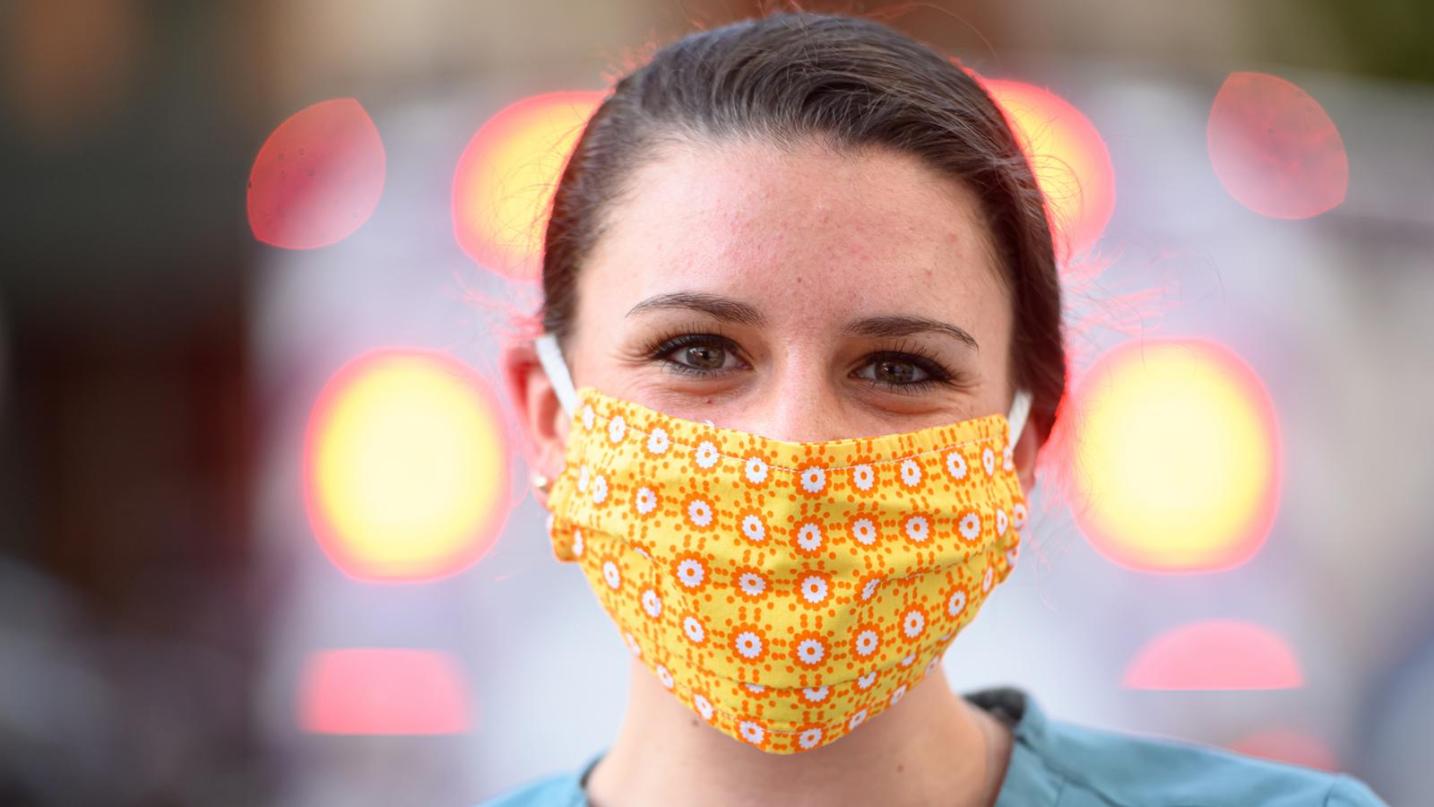The Future of Face Masks: A Comprehensive Exploration
The COVID-19 pandemic has brought face masks to the forefront of our daily lives, highlighting their significance in preventing the spread of respiratory illnesses. As we move forward, it is crucial to examine the future of face masks, considering technological advancements, potential applications, and ethical and social considerations.

Current State Of Face Masks
Types Of Face Masks:
- Surgical Masks: Disposable masks designed to protect the wearer from large droplets and splashes.
- N95 Respirators: Tight-fitting masks that filter out at least 95% of airborne particles.
- Cloth Masks: Fabric masks made from various materials, offering varying levels of protection.
Effectiveness And Challenges:
- Surgical masks and N95 respirators are more effective in preventing the spread of respiratory droplets compared to cloth masks.
- Challenges include discomfort, breathability issues, and communication difficulties associated with wearing face masks.
Technological Advancements In Face Masks
Smart Masks:
- Masks equipped with sensors to monitor respiratory rate, temperature, and air quality.
- Potential for early detection of respiratory illnesses and personalized health monitoring.
Self-Cleaning And Reusable Masks:
- Masks with built-in sanitizing mechanisms to reduce the need for frequent replacements.
- Can help reduce waste and environmental impact associated with disposable masks.
Future Applications Of Face Masks
Healthcare Settings:
- Continued use of face masks in healthcare settings to prevent the spread of infections.
- Potential for specialized masks for specific medical procedures and patient populations.
Industrial And Public Health:
- Use of face masks in industries to protect workers from hazardous substances and pollutants.
- Masks as part of public health campaigns to prevent the spread of seasonal influenza and other respiratory illnesses.
Ethical And Social Considerations
Discrimination And Stigmatization:
- Concerns about potential discrimination and stigmatization associated with wearing face masks.
- Need for public education and awareness campaigns to promote understanding and acceptance.
Mask-Wearing Behavior And Compliance:
- Social and cultural factors influencing mask-wearing behavior and compliance.
- Role of governments and public health agencies in promoting responsible and equitable use of face masks.
The future of face masks holds immense potential for technological advancements, expanded applications, and ethical considerations. Continued research and innovation in face mask technology are crucial to enhance their effectiveness, comfort, and accessibility. Public education and awareness campaigns are essential to promote responsible and equitable use of face masks, fostering a culture of understanding and acceptance. As we navigate the evolving landscape of respiratory health, face masks will likely remain an integral part of our daily lives, playing a vital role in safeguarding public health and well-being.
YesNo

Leave a Reply